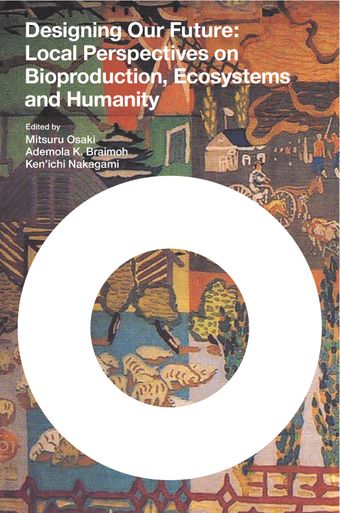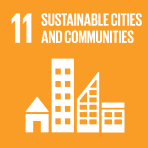- Home
- Books
- Designing our Future
- Chapter
The preservation and creation of a regional culture for glocal sustainability

- Author: Tatsuji Sawa
- Main Title: Designing our Future , pp 346-359
- Publication Date: October 2013
- DOI: https://doi.org/10.18356/14a41fac-en
- Language: English
After World War II, Japan experienced unprecedented economic development, growing extremely rich and assuming a major role among the developed nations. However, since the collapse of its “bubble” economy, and despite the information technology bubble and the longest post-war period of economic prosperity in Japan’s history, the country has faced massive problems such as the impoverishment of regional areas and growing disparity in incomes. Japan’s situation is somewhat ambivalent: on the one hand, it enjoys economic prosperity, while, on the other hand, it faces accelerating impoverishment. At the end of Shigeru Mizuki’s History of the Showa Period, Mizuki depicts the disgruntled figure of the “salaried worker [who] is enriched neither in mind or body. It seems that only the companies have been enriched”, and that “most salaried workers do not possess houses and are hounded relentlessly by stress. Can we truly say that Japan is a wealthy nation?” (Mizuki, 1994: 264). What is it that is lost? Mizuki’s words indicate a loss of home, of a place to return to.
© United Nations
ISBN (PDF):
9789210563291
Book DOI:
https://doi.org/10.18356/66aa5f41-en
Related Subject(s):
Economic and Social Development
Sustainable Development Goals:
-
From This Site
/content/books/9789210563291s008-c002dcterms_title,dcterms_subject,pub_keyword-contentType:Journal -contentType:Contributor -contentType:Concept -contentType:Institution105
/content/books/9789210563291s008-c002
dcterms_title,dcterms_subject,pub_keyword
-contentType:Journal -contentType:Contributor -contentType:Concept -contentType:Institution
10
5

